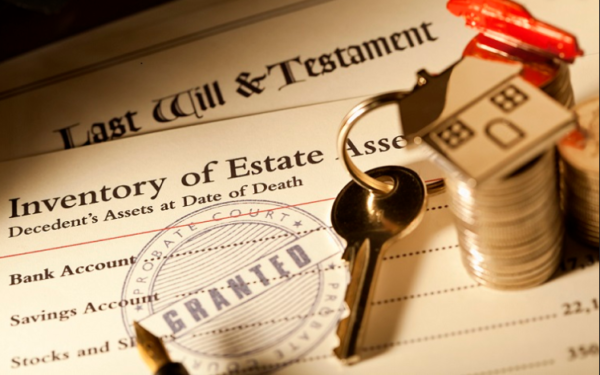A love one has passed and now the probate process starts. But where to begin? First let’s  define what “Probate” is per the Florida Bar website:
define what “Probate” is per the Florida Bar website:
“Probate is a court-supervised process for identifying and gathering the assets of a deceased person (decedent), paying the decedent’s debts and distributing the decedent’s assets to his or her beneficiaries. In general, the decedent’s assets are used first to pay the cost of the probate proceeding, then are used to pay the decedent’s outstanding debts, and the remainder is distributed to the decedent’s beneficiaries. The Florida Probate Code is found in Chapters 731 through 735 of the Florida Statutes, and the rules governing Florida probate proceedings are found in the Florida Probate Rules, Part I and Part II (Rules 5.010-5.530).”
For the purposes of this blog post, we are going to assume a Will is in place and you live in the state of Florida. It is important to note that EVERY State probate process is different.
Hiring of an Attorney. Florida law requires you hire an attorney to file a Probate action, it makes sense to consult early on because your case may not require a formal Probate action. In any event, an attorney can help calm your nerves and outline what steps you should take.
Opening a Case. If a Probate is appropriate, your Attorney will draft and file a Petition to open the case. A Circuit Court judge presides over probate proceedings. The judge will rule on the validity of the decedent’s will, if there is one. If the decedent had a Will that nominated a Personal Representative, the judge will also decide whether the person or institution nominated is qualified to serve in that position. If the nominated personal representative meets the statutory qualifications, the judge will issue “Letters of Administration,” also referred to simply as “letters.” These “letters” are important evidence of the personal representative’s authority to administer the decedent’s probate estate.
The Personal Representative has a legal duty to administer the probate estate pursuant to Florida law. Initially, the personal representative must:
- Identify, gather, value and safeguard the decedent’s probate assets.
- Publish a “Notice to Creditors” in a local newspaper in order to give notice to potential claimants to file claims in the manner required by law.
- Serve a “Notice of Administration” to provide information about the probate estate administration and notice of the procedures required to be followed by those having any objection to the administration of the decedent’s probate estate.
- Conduct a diligent search to locate “known or reasonably ascertainable” creditors, and notify these creditors of the time by which their claims must be filed.
- Employ professionals to assist in the administration of the probate estate; for example, attorneys, certified public accountants, appraisers, and investment advisers.
If the personal representative mismanages the decedent’s probate estate, the personal representative may be liable to the beneficiaries for any harm they may suffer. This is another reason an attorney should be hired to help navigate the waters of Florida probate laws.
This list is a general break down of the INITIAL steps in Probate and every situation is unique. If you live locally and have probate questions, call, and schedule an appointment so I can answer the questions particular to your estate situation.



